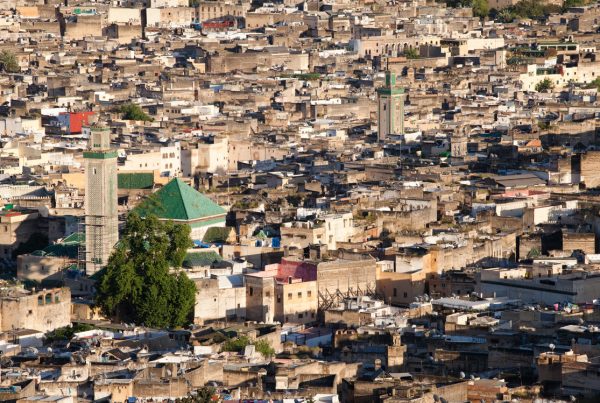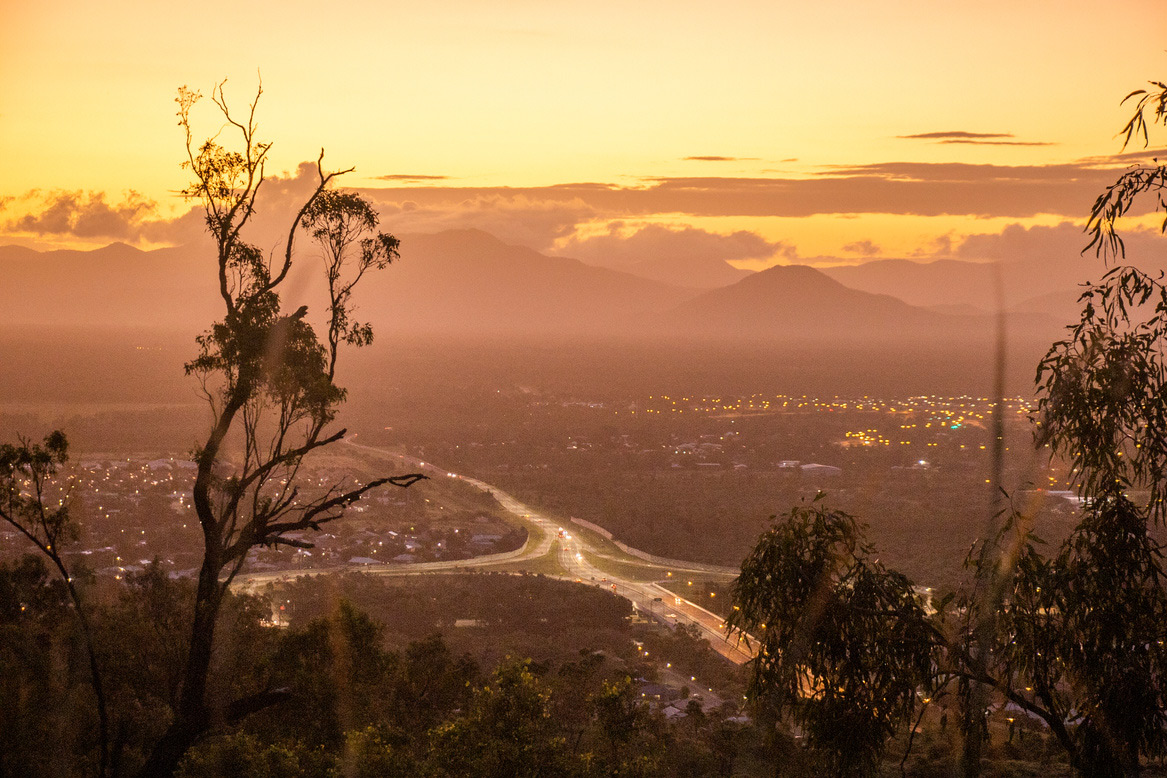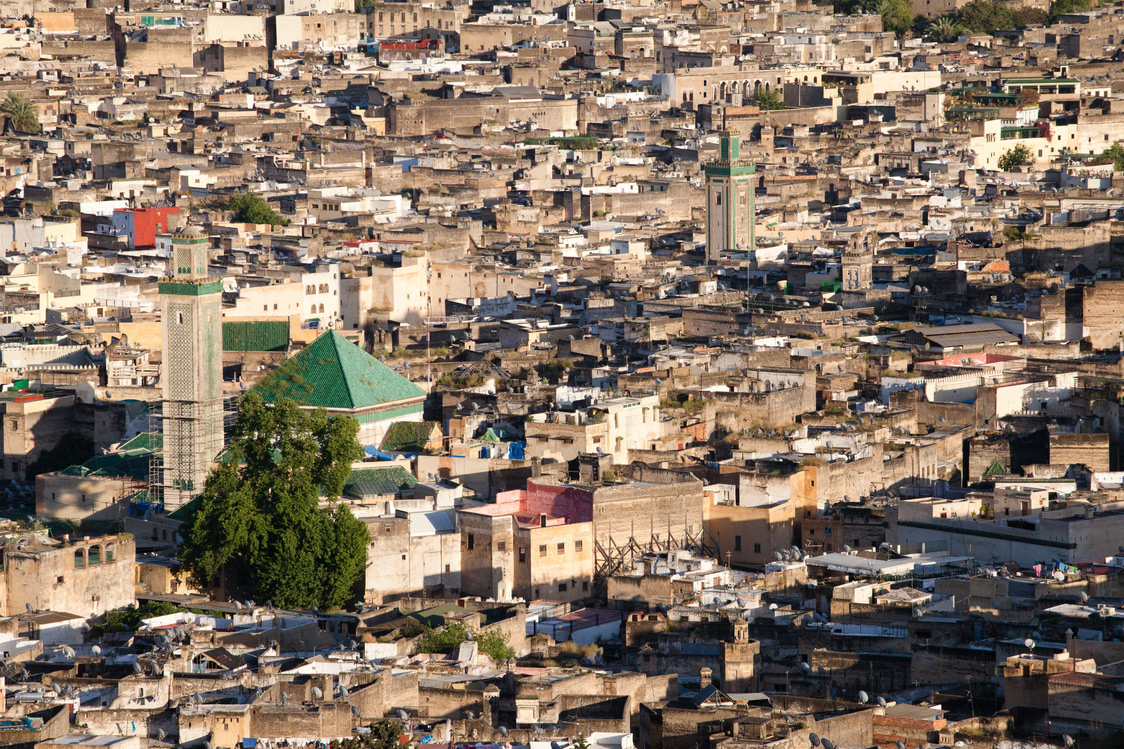






Researchers at Griffith University are partnering with older members of the community to develop an early warning heat system in the home to ensure they and others can continue to live at home safely and comfortably. The EtHOs project’s in-home solution will allow older people and carers to monitor heat exposure, identify risk in the home, respond to heat-associated risks.
Project Leads: Assoc. Prof. Shannon Rutherford, Dr Aaron Bach, Dr Sebastian Binnewies.
Contact: ethos@griffith.edu.au

QLD Dept of Environment and Science, Griffith University)
This project aims to empower schools via STEM/Science/Environmental clubs to identify environmental ‘hotspots’ and activities in the school and implement solutions to any identified heat issues. One of our project goals is to create a resources toolkit.
Project Leads: Assoc. Prof Shannon Rutherford, Dr Tony Matthews.
Contact: Project Officer Dr Mark Bailey, mark.bailey@griffith.edu.au

The Whitsunday Climate Innovation Hub worked with Mosaic Insights and NCEconomics to complete the original heat reduction feasibility study for Proserpine. These results are now being used to plan heat mitigation throughout the region. This project aims to: Identify the most cost-effective ways to reduce heat stress in regional towns and provide updates for Councils policy so that all towns are protected from impacts of rising temperature.
Contact: climate.hub@whitsundayrc.qld.gov.au.

This project plans to model heat exchange between human body and the surrounding environment and how that is influenced by climatic factors. This will enable to understand the potential benefits of various intervention. We will examine health and climate data from India and Australia to develop heat mortality model. Further we expect to project the health burden attributable to heat events under various climate change scenarios for the two countries.
Project Leads: Assoc. Prof Nicolas Osborne, Dr Darsy Darssan

CSIRO, Australian and Territory Government, City of Darwin
The lab will test and evaluate heat mitigation measures, and inform tropical urban design for Darwin by using real world experiments. We’re aiming for measurable improvements in the city’s liveability, sustainability and resilience. This research will then be translated into products and services for other tropical cities, in Australia and internationally.
Contact: 1300 363 400

Climate KIC Australia, City of Adelaide and South Australian Dept for Environment and Water
The Cool Road Adelaide project tested three cool road surface products on Bowen Street West in downtown Adelaide, monitoring their effects on reducing surface and ambient air temperature.

University of Sydney
The HHRI is a multidisciplinary initiative that aims to tackle the unprecedented current and future impacts of extreme heat and hot weather on human health and society. Through international cooperation with academics, industrial partners, policymakers, and healthcare professionals, the HHRI aims to better understand the causative pathways of – and provide evidence-based solutions for – the wide-ranging health impacts of heat exposure across the human lifespan. Five broad research themes have been identified as priority areas of interest: Heat and Health Policy, Built Environment and Health, Women’s Health, Physical and Mental Health, Climate Change and Health.
Project Leads: Prof. Ollie Jay, Assoc. Prof. Ying Zhang.
Contact: heat.health.research@sydney.edu.au

City of Melbourne
The City of Melbourne’s Urban Forest Strategy seeks to manage this change and protect against future vulnerability by providing a robust strategic framework for the evolution and longevity of Melbourne’s urban forest. The strategy aims to: adapt our city to climate change, mitigate the urban heat island effect by bringing our inner-city temperatures down, create healthier ecosystems, become a water-sensitive city, engage and involve the community.